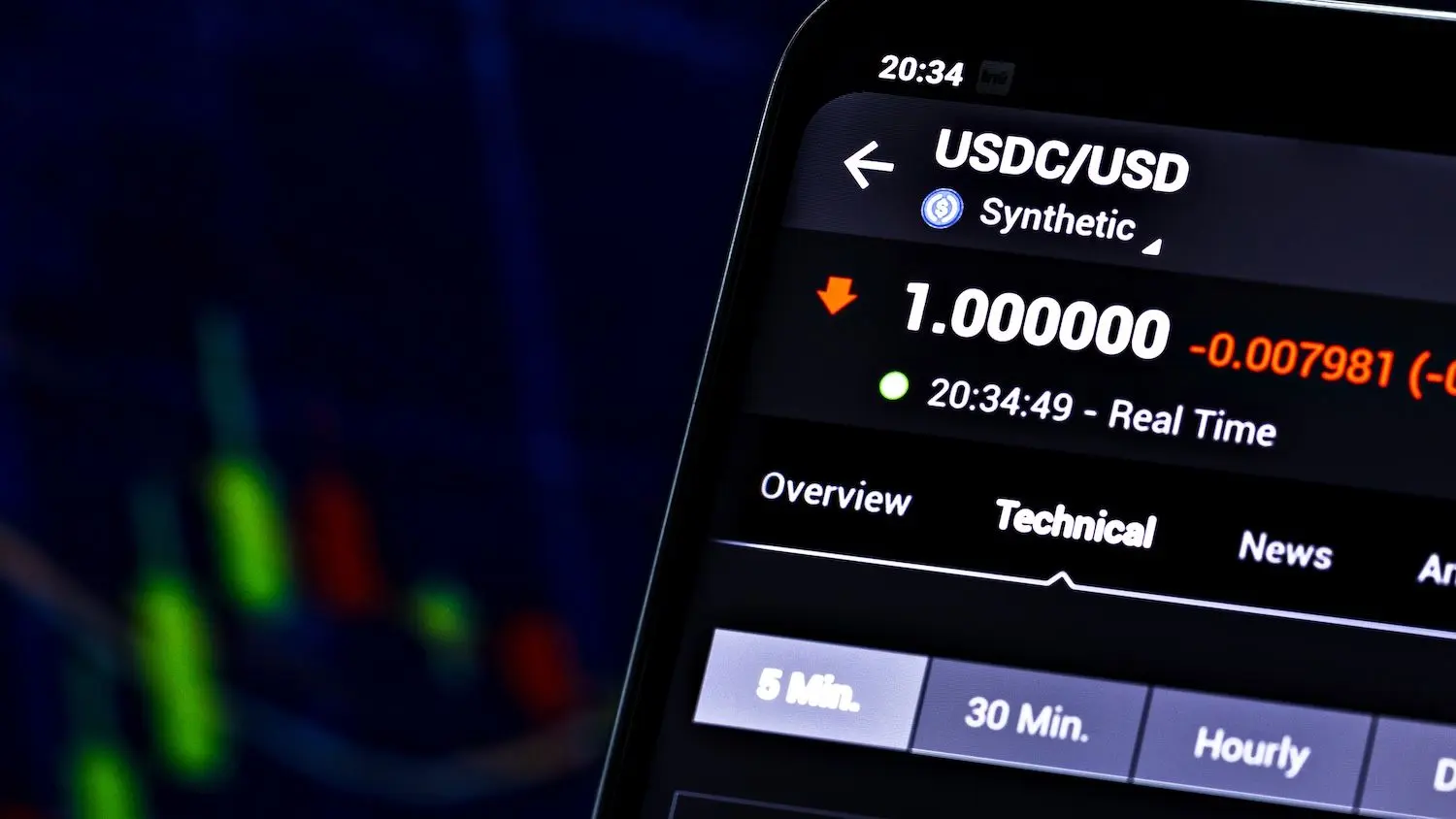Paystand, a business-to-business payments platform that processes $20 billion in transactions annually, has acquired Bitwage, a cryptocurrency payroll service that has facilitated more than $400 million in digital wage payments across 200 countries since its 2014 launch. The acquisition brings stablecoin salary payment capabilities to Paystand's 1,000 enterprise clients, allowing companies to distribute wages in USDC and USDT through blockchain networks that operate outside traditional banking hours and eliminate cross-border transaction fees.
What to Know:
- Stablecoin transfer volume reached $9 trillion in 2025, representing nearly half of Visa's annual transaction throughput, according to Chainalysis data.
- Bitwage serves more than 90,000 workers and freelancers by converting fiat currency salaries into stablecoins through the Circle and Tether platforms, with no reported security breaches during its 11-year operational history.
- The combined platform targets enterprises in manufacturing, technology, and logistics sectors, eliminating ACH processing delays and weekend payment cutoffs that constrain conventional payroll systems.
Enterprise Adoption of Digital Wage Distribution
Bitwage's infrastructure converts traditional currency salaries into stablecoins issued by Circle and Tether. Paystand's client base spans manufacturing, technology, and logistics operations. The merged platform removes delays inherent in Automated Clearing House processing, which typically requires one to three business days for completion.
Companies can initiate payroll transactions during weekends and holidays.
Employees receive USDC deposits that convert to local currencies through cryptocurrency exchanges or digital banking platforms. Bitwage reports zero security incidents across its operational history.
The platform employs blockchain-agnostic infrastructure. While Bitwage historically supported Bitcoin and Ethereum networks, the combined entity will prioritize layer-2 scaling solutions and Solana for transaction settlement. International workers avoid remittance fees that range from 3% to 12% on conventional platforms.
Stablecoin Transaction Growth and Regulatory Framework
Chainalysis data shows stablecoin transfers increased 87% year-over-year to $9 trillion in 2025. USDC cleared $2.3 trillion in the third quarter alone. An EY survey of chief financial officers found 87% view stablecoins as providing competitive advantages, compared to 61% in 2024.
BlackRock's BUIDL fund and Mastercard's USDC settlement programs have introduced blockchain-based dollar transactions to institutional operations.
Social media analytics from Subvisual indicate stablecoins processed $46 trillion in cumulative transactions, representing a 106% year-over-year increase.
The data shows $9 trillion moved through stablecoin networks in 12 months, exceeding five times PayPal's volume and surpassing 50% of Visa's throughput.
Tether and USDC control 87% of the stablecoin market, with total supply exceeding $300 billion. More than 1% of circulating U.S. dollars now exist as stablecoins. Tether ranks as the 17th-largest holder of U.S. Treasury securities. Market projections estimate stablecoin supply will reach $3 trillion by 2030.
The acquisition proceeds amid evolving U.S. regulatory frameworks. The Trump administration has expressed support for cryptocurrency development initiatives. The Securities and Exchange Commission has issued guidance on custody requirements for stablecoin holdings. Visa completed a $1 billion acquisition of Bridge, a stablecoin infrastructure platform, earlier in 2025.
Cross-Border Payment Infrastructure
Japanese enterprises can integrate JPYC stablecoin payments following deployment of the All Banking System API gateway. The cryptocurrency payroll sector includes competitors Deel and Rippling, both offering digital currency payment options. DataIntelo projects the crypto payroll market will reach $6.38 billion by 2033.
Final Thoughts
The Paystand-Bitwage merger consolidates blockchain-based payroll capabilities within enterprise payment infrastructure as stablecoin transaction volumes approach traditional payment network scale. The acquisition positions digital currency wage distribution as a mainstream alternative to conventional payroll systems, particularly for companies managing international workforces.



